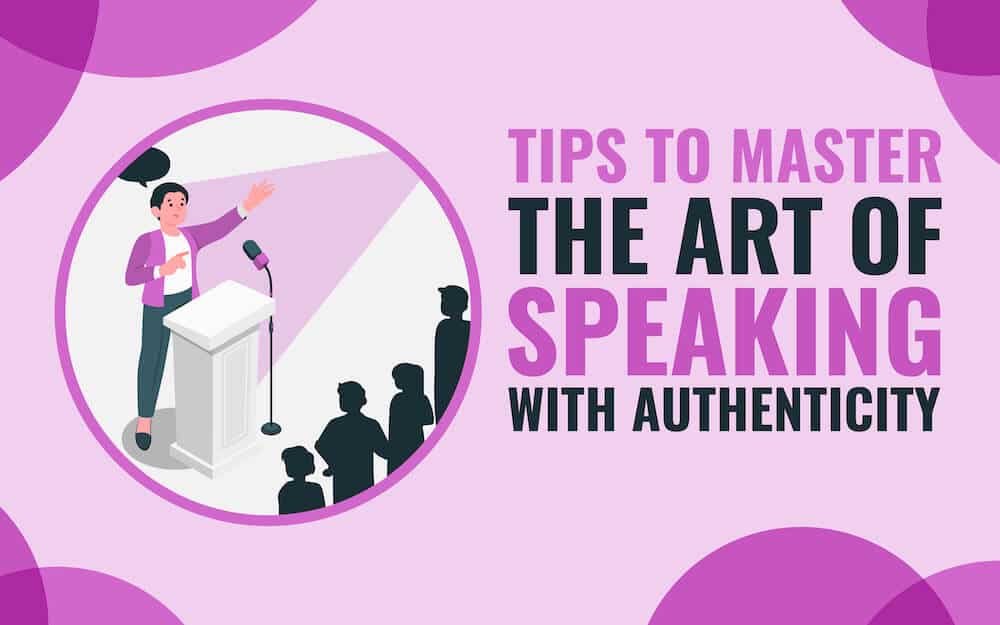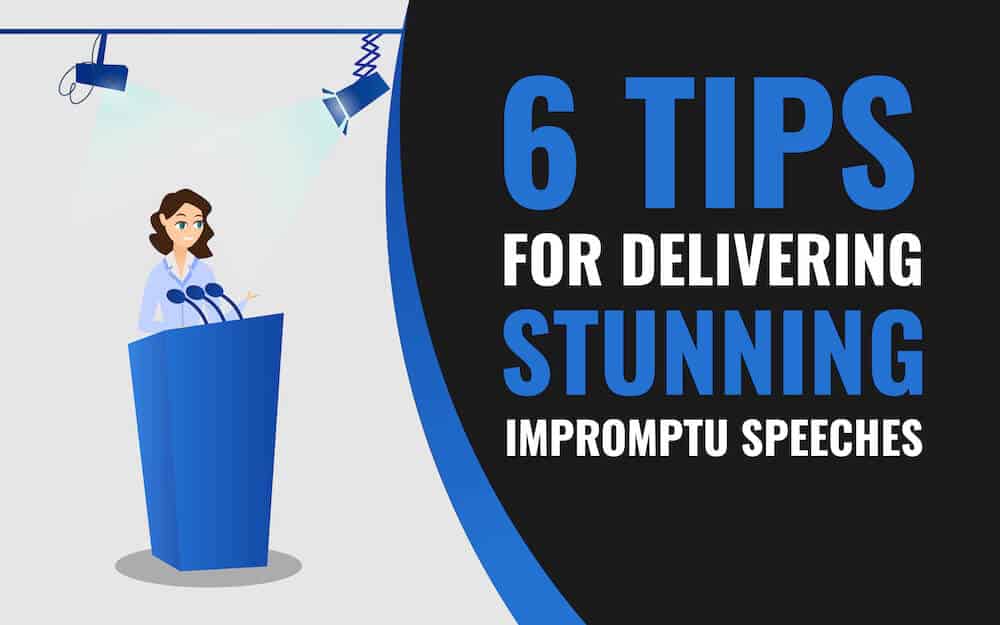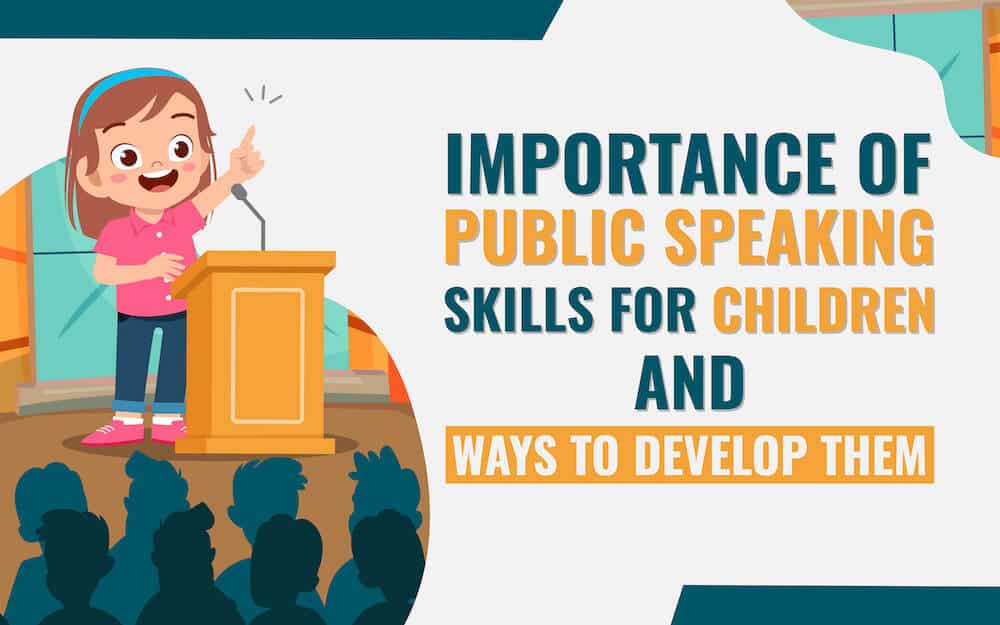
New presenters have one thing in common: they don’t want to come across as new. They want to stand in front of that audience and look like an authority figure.
If you are new to public speaking but want to come across as a seasoned pro, there are some common mistakes you’ll want to avoid.
Not Crafting Your Message to Your Specific Audience
When it comes to giving a speech, beginners tend to focus on not screwing up when they should instead be focusing on delivering a message that is relevant to their audience. It’s better to stumble over a couple of words or lose your place for a second but at least be sharing data and information that can educate and help your listeners.
Don’t focus on being a perfect public speaker. By doing so you are apt to craft a boring and generic off-the-shelf presentation that is not tailored to your particular audience. Instead, simply focus on helping the people who are coming to hear your message. Who are they? What issues are they having in their personal or professional life? How much do they know about your topic?
Doing some research to understand the people in your audience will help you craft a compelling message that is relevant and educational.
Failing to Make Eye Contact
New speakers tend to let their nerves get the best of them. This causes them to feel less than confident and unable to meet their audience’s gaze. When they speak their eyes sort of wildly dart around the room, like a hummingbird on a caffeine high.
A lack of meaningful eye contact makes you come across as shady, insecure, detached and even arrogant. Be sure to let your eyes land on one individual for a few seconds before moving on to the next person. Effective eye communication is one of the most important skills a presenter can have.
Not Being Prepared
As I mentioned before, it is unrealistic and even detrimental to try and give a perfect presentation. By the same token, it is also a bad idea to assume you’ll be fine if you get up on that stage and just “wing it.”
Preparation is the key to success no matter what the endeavor. How can you prepare for your presentation? Know your topic. Organize your content. Use a slide deck. Rehearse your speech out loud a couple of times (in front of people is helpful as you can get some constructive feedback).
Not only does preparation help you present a more refined message; it also helps you feel more confident, helping you come across as an authority figure.
Having Low Energy
Do you know what audiences really desire from public speakers? Enthusiasm about their topic; passion for their subject. Do you know the number one thing that makes presenters seem unenthusiastic and dispassionate? Low energy.
What does low energy look like from your audience’s point of view? It looks like a boring delivery, dull facial expressions, a monotone voice, and overall lethargy.
Before you take that stage make sure your energy level is up. This means getting a good night’s sleep and eating a healthy protein-rich breakfast (eggs not bagels) that will sustain your energy for hours. If you have to, do a few jumping jacks or push-ups before you go on stage to get your blood flowing.
Beyond this make sure to speak loudly, clearly and expressively, move around that stage, and actually ENJOY yourself and your topic.
Rushing
New speakers tend to rush through their presentation as if they’re in a game of beat the clock. When we feel anxious, we tend to get a big adrenaline rush, part of our “fight or flight” response to a potential threat (in this case the threat of being laughed off stage). The adrenaline causes our hearts to race and the pace of our breathing to quicken and the result is speech that sounds like a runaway train.
When rehearsing your presentation (you ARE going to rehearse, aren’t you?) it’s important to practice pausing every now and then in certain places where you want your audience to really think and pay attention. This could be in a transition point where you are going from one talking point to the next, or right before giving them a powerful insight.
Also, feel free to pause to simply take a deep breath should you feel your speech quicken. Deep breaths are a great way to relax and slow down your heart rate naturally.
If you’re a new presenter, it’s time to take an honest look at yourself to see if you are making any of these deadly mistakes. If you are, don’t feel bad. Becoming a great speaker is a process. Great speakers aren’t born, they work hard at refining their presentations in an effort to share their knowledge effectively.



